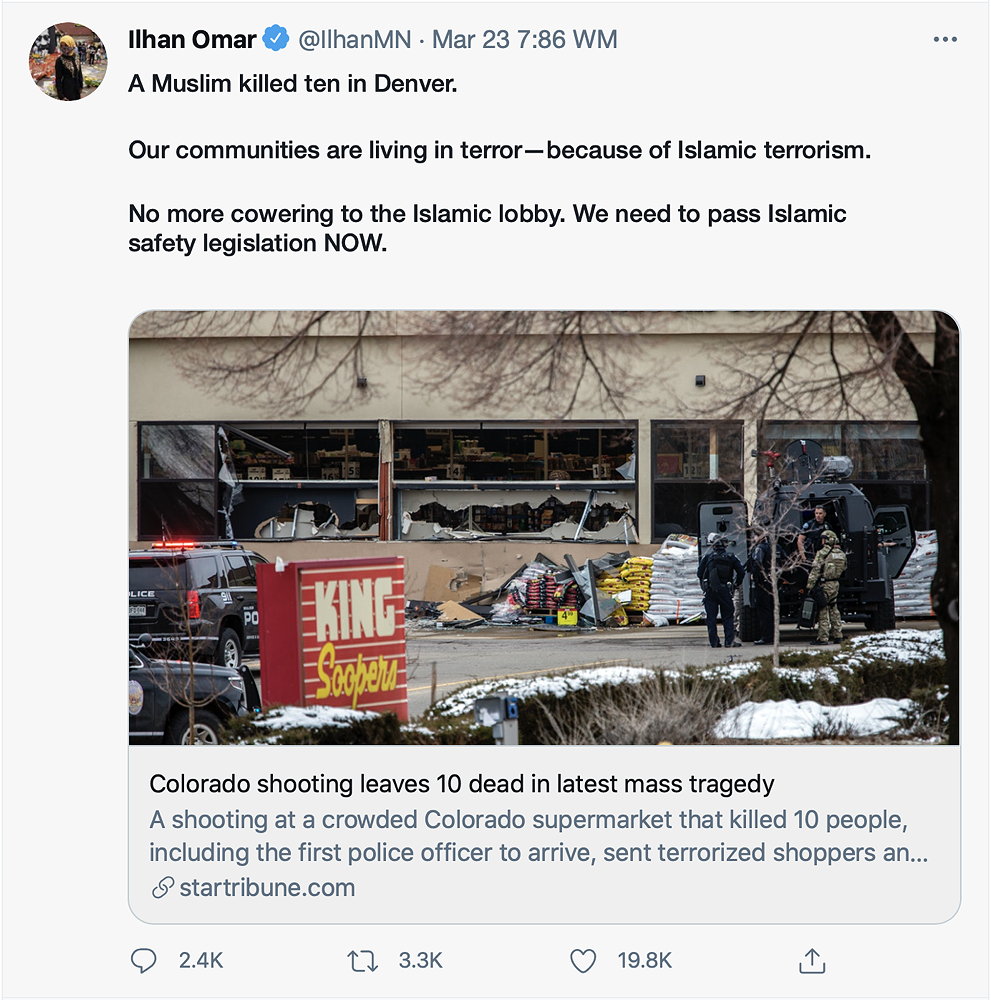William Lloyd Garrison arrested
Police arrest civil rights activist on charges of flag burning.
Civil rights activist William Lloyd Garrison was arrested yesterday on charges of flag-burning. Mr. Garrison was taken into custody by Boston police near Jamaica Plain, in the Forest Hills Cemetery where he has been evading capture since 1879.
Senators Orrin Hatch (R-Utah) and Dianne Feinstein (D-California) initially praised the high-profile arrest. “Because we live in a free and open society,” said Senator Hatch, “we need to put people in jail for burning the flag.”
Senators Hatch and Feinstein were two of the flag-burning amendment’s greatest supporters in the Senate.
Supreme Court Justice John Paul Stevens called Garrison’s crime a “desecration”, and said that flag owners have no right to burn any flags that they own. “Flags are all owned by the United States Government,” said Justice Stevens.
Stevens congratulated Boston police on their arrest of Garrison’s corpse, and called on Congress to also make it illegal to “desecrate, destroy, or mutilate any Washington Monument replicas, White House replicas, or other knick-knacks and gew-gaws for sale in the Washington area.”
Because Mr. Garrison died over a hundred years ago, authorities needed to exhume his corpse to arrest him. However, by evening, officials returned Garrison’s body to his grave. According to Senator Dianne Feinstein, “further investigation revealed that Mr. Garrison burned the constitution and the bill of rights, not the flag. We have no problem with that.”
According to Senator Feinstein, “a recent survey indicated that three-fourths of students believe that the bill of rights is illegal. We’ll be talking to the other fourth as soon as the police finish with Mr. Garrison.”
- William Lloyd Garrison (1805-1879)
- “Garrison, speaking at a rally in Framingham on the 4th of July, burned a copy of the Constitution while 3000 people cheered.”
- Senate vote looms on amendment banning flag burning
- Senator Dianne Feinsteine: “Why then, should it be permissible conduct to burn, desecrate or destroy this symbol, this monument, this national symbol? That’s not my definition of free speech.”
- That burning sensation is back
- Justice John Paul Stevens seems to argue that since our commitment to free expression is guaranteed by the United States, that the United States has the legal power to symbolically end free expression, and that burning flags we own is akin to defacing public property: “The creation of a federal right to post bulletin boards and graffiti on the Washington Monument might enlarge the market for free expression, but at a cost I would not pay.”
- ACLU Calls Flag Desecration Amendment Assault on Free Speech
- “The First Amendment must most be protected when it comes to unpopular speech. Failure to do so fails the very notion of freedom of expression.”
- The right to disagree: That’s the First Amendment
- “75 percent of the more than 100,000 high school students surveyed think flag-burning is illegal.”
- What’s wrong with the flag-burning amendment?
- “But what would we say when flagburning is banned but other offensive symbols are allowed?” Eugene Volokh discusses the slippery slope of flag-burning bans.
- Beehives and Buffalo Chips 514
- “Nor does Hatch address private property. Last we checked, people’s flags don’t belong to the government any more than their bedsheets.”

